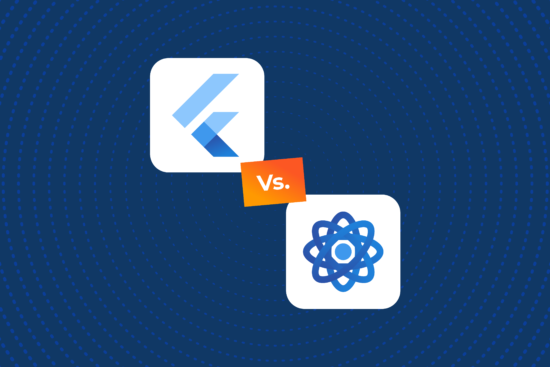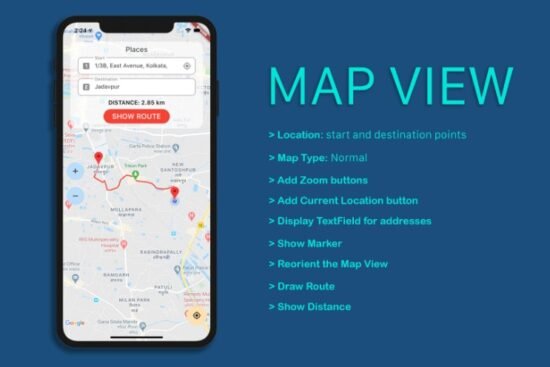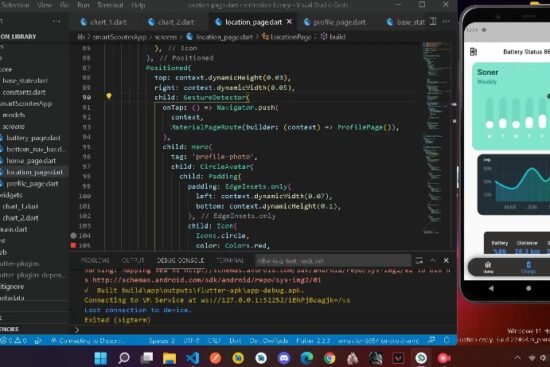
supabase-dart
A Dart client for Supabase.
What is Supabase
Supabase is an open source Firebase alternative. We are a service to:
- listen to database changes
- query your tables, including filtering, pagination, and deeply nested relationships (like GraphQL)
- create, update, and delete rows
- manage your users and their permissions
- interact with your database using a simple UI
Status
- Alpha: Under heavy development
- Public Alpha: Ready for testing. But go easy on us, there will be bugs and missing functionality.
- Public Beta: Stable. No breaking changes expected in this version but possible bugs.
- Public: Production-ready
Docs
supabase-dart mirrors the design of supabase-js. Find the documentation here.
Usage example
Database
import 'package:supabase/supabase.dart';
main() {
final client = SupabaseClient('supabaseUrl', 'supabaseKey');
// Select from table `countries` ordering by `name`
final response = await client
.from('countries')
.select()
.order('name', ascending: true)
.execute();
}
Realtime
import 'package:supabase/supabase.dart';
main() {
final client = SupabaseClient('supabaseUrl', 'supabaseKey');
// Set up a listener to listen to changes in `countries` table
final subscription = await client
.from('countries')
.on(SupabaseEventTypes.all, (payload) {
// Do something when there is an update
})
.subscribe();
// remember to remove subscription when you're done
client.removeSubscription(subscription);
}
Realtime data as Stream
To receive relatime updates, you have to first enable Realtime on from your Supabase console. You can read more here on how to enable it.
import 'package:supabase/supabase.dart';
main() {
final client = SupabaseClient('supabaseUrl', 'supabaseKey');
// Set up a listener to listen to changes in `countries` table
final subscription = await client
.from('countries')
.stream()
.order('name')
.limit(30)
.execute()
.listen(_handleCountriesStream);
// remember to remove subscription when you're done
subscription.cancel();
}
Authentication
import 'package:supabase/supabase.dart';
main() {
final client = SupabaseClient('supabaseUrl', 'supabaseKey');
// Sign up user with email and password
final response = await client
.auth
.signUp('email', 'password');
}
Storage
import 'package:supabase/supabase.dart';
main() {
final client = SupabaseClient('supabaseUrl', 'supabaseKey');
// Create file `example.txt` and upload it in `public` bucket
final file = File('example.txt');
file.writeAsStringSync('File content');
final storageResponse = await client
.storage
.from('public')
.upload('example.txt', file);
}
Authentication
Initialize a SupabaseClient by passing your Supabase URL and Supabase KEY. The keys can be found in your supabase project in /setting/API.
final client = SupabaseClient('supabaseUrl', 'supabaseKey');
The client has a auth attribute (of type GoTrueClient) that you can use to authenticate your users using supabase.
Sign up
Use the signUp method, which returns a GotrueSessionResponse.
If the error attribute is null, the request was successful and the method returns data of type Session.
// Sign up user with email and password
final response = await client.auth.signUp('email', 'password');
if (response.error != null) {
// Error
print('Error: ${response.error?.message}');
} else {
// Success
final session = response.data;
}
Sign in
Use the signIn method. It works similar to the signUp method.
// Sign in user with email and password
final response = await client.auth.signIn(email: 'email', password: 'password');
if (response.error != null) {
// Error
print('Error: ${response.error?.message}');
} else {
// Success
final session = response.data;
}
Sign out
Use the signOut method, which returns a GotrueResponse.
Also for the sign out check that error is null to know if the request was successful.
// Sign out user
final response = await client.auth.signOut();
if (response.error != null) {
// Error
print('Error: ${response.error?.message}');
} else {
// Success
}
Check out the Official Documentation to learn all the other available methods.
Guides
- Flutter Supabase Authentication – Blog
Contributing
- Fork the repo on GitHub
- Clone the project to your own machine
- Commit changes to your own branch
- Push your work back up to your fork
- Submit a Pull request so that we can review your changes and merge
License
This repo is licenced under MIT.












